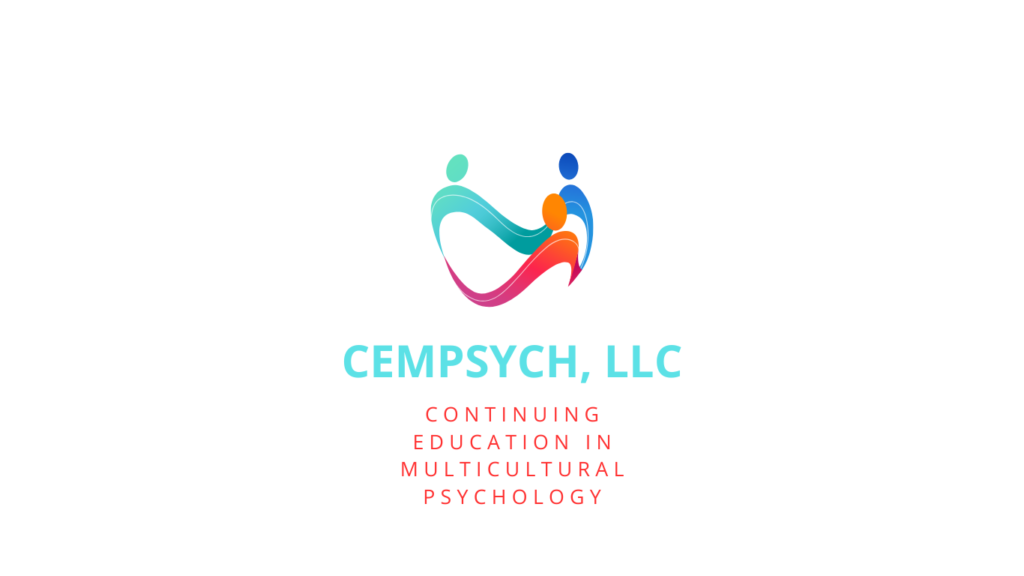Prolonged Grief Disorder (PGD): A Multicultural Perspective
WORKSHOP DESCRIPTION
This 6-hour live webinar offers an exploration of Prolonged Grief Disorder (PGD), with a particular emphasis on its diagnosis and assessment through a multicultural lens. Participants will gain a clear understanding of the differences between acute grief, integrated grief, and PGD, as well as how to distinguish PGD from other mental health conditions such as Post-Traumatic Stress Disorder (PTSD) and Major Depressive Disorder (MDD).
The session will delve into cultural factors that influence the risk factors associated with PGD and provide practical guidance on conducting culturally sensitive grief assessments. Participants will also explore the importance of developing multicultural awareness and “death competence” to better understand the impact on client outcome.
The workshop will conclude with an overview of Prolonged Grief Therapy (PGT), an evidence-based treatment for PGD. Case studies will be used to demonstrate the clinical process from assessment to treatment, highlighting key considerations for incorporating cultural perspectives into the therapeutic approach.
OBJECTIVES
By the end of this webinar, participants will be able to:
-
Explain the similarities and differences between acute, integrated, and prolonged grief disorder (PGD).
-
Summarize the ICD-11 and DSM-5-TR diagnostic criteria of Prolonged Grief Disorder (PGD).
-
Describe three risk factors for PGD and cultural variables that influence them.
-
Describe three possible derailers of integrated grief.
-
Explain the similarities and differences between Prolonged Grief Disorder (PGD), Post-traumatic Stress Disorder (PTSD), and Major Depressive Disorder (MDD).
-
Analyze the impact of their multicultural awareness and “death competence” on client outcomes in grief work.
-
Describe a four-tiered needs-based bereavement care model proposed by the Irish Hospice Foundation
-
Apply recommendations for a multicultural assessment of a bereaved client.
-
Summarize the key principles of Prolonged Grief Therapy (PGT).
DATE AND COST
Saturday, February 1, 2025
11 AM-6 PM (EST)
$119.20 (20% discount until January 5, 2025)
$149.00 January 6-January 29, 2025
Registration Fee Includes CEs
To be eligible for a Certificate of Completion, participants must attend the entire program.
Facilitator: Sonya Lott, Ph.D.
Registration deadline: 11:59 (EST) on Wednesday, January 29, 2025.
AGENDA
11 AM-12:30 PM
Acute, Integrated and Prolonged Grief Disorder (PGD) & Distinction between PGD. PTSD, and MDD
12:30 PM-12:45
BREAK
12:45 PM-2:15 PM
Risk Factors for PGD and Criticisms of PGD
2:15 PM-2:45 PM
LUNCH BREAK
2:45 PM-4:15 PM
The impact of multicultural awareness and “death competence” on client outcomes, Assessment, & Case Studies
4:15 PM-4:30 PM
BREAK
4:30 PM-6:00 PM
Overview of Prolonged Grief Therapy (PGT) & Q & A
WHO SHOULD ATTEND
Mental health professionals who work with individuals who have experienced death-related loss.
Psychiatrists and other medical professionals who treat individuals with Trauma or Other Stressor-related Disorders or Major Depressive Disorder who have also experienced death-related loss.
WEBINAR HIGHLIGHTS
-
In-depth discussion of the diagnostic criteria for PGD in both the ICD-11and DSM-5-TR
-
Practical tools and strategies for conducting multicultural grief assessments and providing culturally competent care
-
Case study analyses that demonstrate how to apply theoretical knowledge in clinical practice
-
A brief yet informative overview of the key principles of Prolonged Grief Therapy (PGT)
-
An exploration of how cultural factors such as sex, gender identity, race, ethnicity, sexual orientation, age, and religious and/or spiritual beliefs and practices influences grieving.
